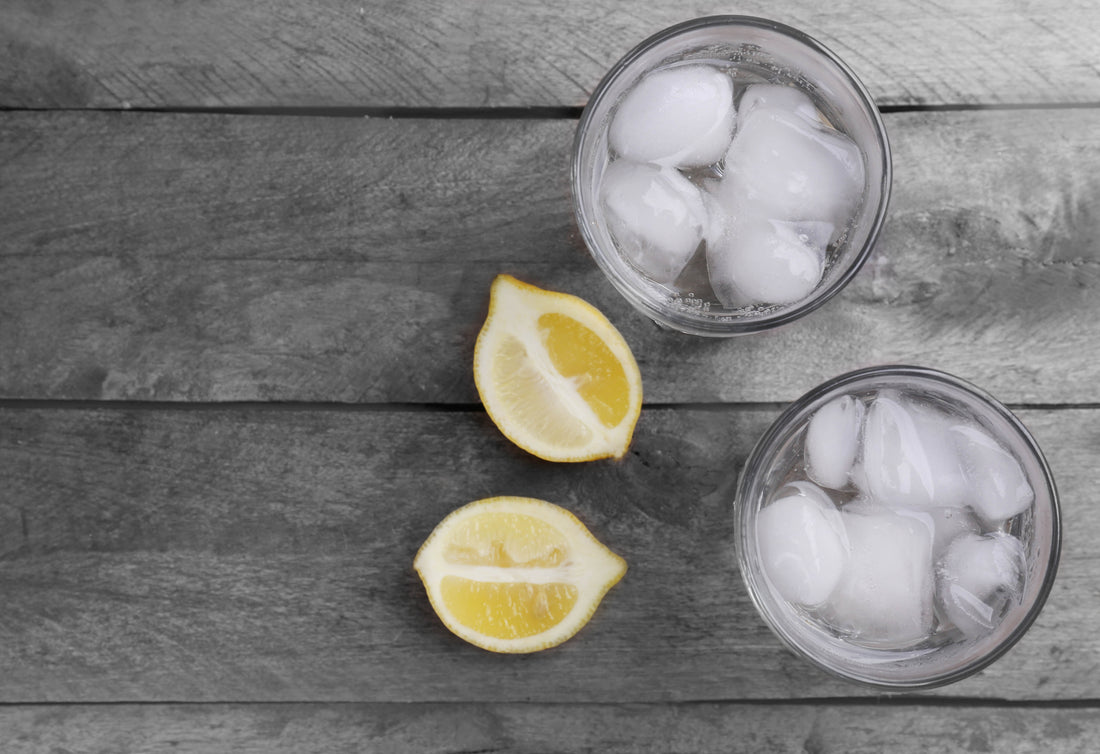
Hydrate for Health: Cleanse Your System and Enhance Elimination
Share
Did you know the human brain is made up of 85 percent water, and our blood consists of nearly 80 percent water?
It’s no wonder that water is so critical to health. What’s more, water is also a natural cleansing agent. Drinking water is a great way to support the body’s internal, natural detoxification system, as well as enhance effective elimination.
Unfortunately, a study released in 2013 by the Centers for Disease Control and Prevention found that nearly half of all Americans don’t drink enough water. As a result, they can become partially or fully dehydrated.
Partial dehydration can cause problems like fatigue, fuzzy thinking, dry mouth, and even weight gain. And chronic dehydration can increase the risk of many illnesses. When the body doesn’t have enough water, for example, the blood becomes thicker, which can increase the risk of heart problems. Not drinking enough water can also worsen diges- tive issues such as constipation, and increase the risk of bladder and colon cancer.
Cellular energy production, detoxification, and other metabolic processes are dependent upon water. This all makes sense because, on average, our bodies are made up of 75 percent water. Our skin, bones, muscles, blood, and immune system require water to function properly. Even our teeth are made up of about 10 percent water. That, plus all of the water contained in saliva, is why dehydration can increase risk of cavities and tooth decay. The key is to stay hydrated long before you get thirsty—because by the time you feel parched, you’re already dehydrated.
How much water and how often?
To ensure you can keep dehydration at bay and support proper ongoing detoxification, drink water throughout your day rather than just a couple of times a day. This keeps your cells, tissues, and organs consistently hydrated. Keep in mind, though, that you may want to limit your water intake during the last few hours of your day so you don’t have to wake up to urinate during the night.
Here is how to calculate how much water you should be drinking each day:
Your weight divided in half = total ounces per a day
So, a 128-pound person needs to drink 64 ounces, or eight 8-ounces glasses of water each day. If you weigh 170 pounds, you’ll need 10 and a half glasses a day. And if you’re highly active, you should drink extra water during and after exercise.
How do you know if you’re hydrated? Check for the following symptoms:
- Fatigue
- Foggy Memory
- Irritability
- Joint Pain
- Mood Swings
- Weakened Immunity
Even mild dehydration can be problematic, so it’s important to continually replenish those water stores.
Does the container matter?
Almost as important as the quantity of water is the quality of the water you choose. Whenever possible, drink pure, filtered water. The container you drink from is also important. We recommend these containers because they’re free of toxic chemicals:
- Glass
- Waxed paper cup
- Ceramic
- Stainless Steel
Whenever possible, avoid drinking out of:
- Plastic containers unless they are BPA-free (keep in mind that all plastic water bottles can contain other harmful chemicals and be environmentally unfriendly)
- Styrofoam cups, as they contain hazardous chemicals and are environmentally unfriendly
No matter which nontoxic container you choose, it’s a good idea to keep it filled throughout the day. That way, you’ll always remember it’s time to drink more water!

